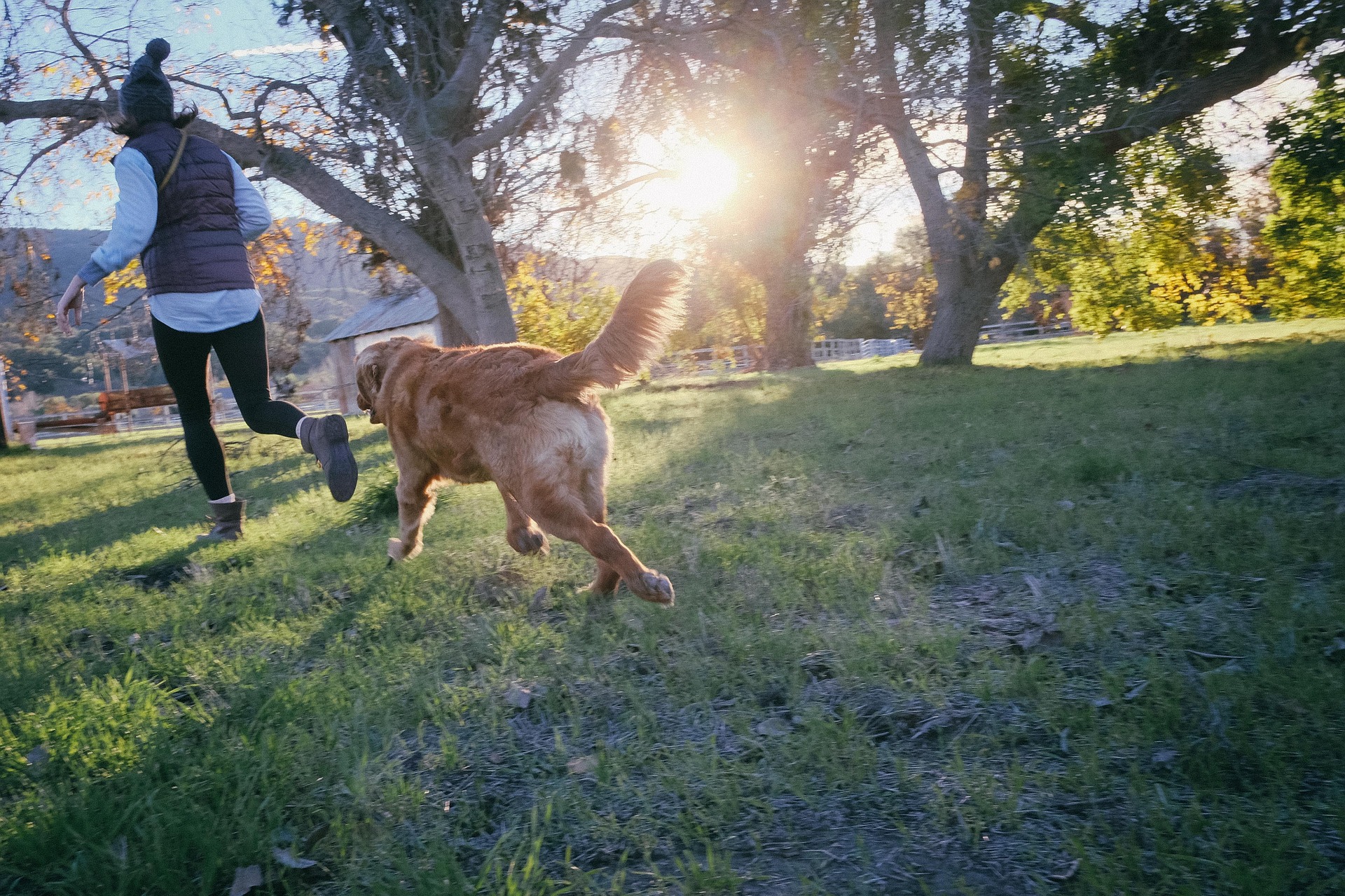
Recovering from substance abuse is hard work. Recovery requires that you identify the factors that led to your addiction so that you can make proactive changes and decrease your likelihood of a relapse. Many experts agree that the best way to combat addiction is to create a new life that makes it more difficult to use substances. Self-reflection and introspection aren’t activities that come easily to most people, but identifying and eliminating people, situations, and behaviors that led to the problem in the first place are cornerstones of success.
Seek Treatment for Mental Health Issues
Substance abuse and mental illness often occur together. If you turned to drugs in the past to help ease pain and stress from anxiety, depression, or PTSD, continue getting treatment to help you manage your mental health. Trained professionals will help you identify coping skills that work best to help you manage your symptoms.
Make Time for Self-Care
Everyone needs self-care — it’s not a luxury, it’s a necessity for your physical and mental well-being. It’s required to maintain a healthy relationship with yourself. Self-care is personal and looks different for everyone, but it generally includes staying active, eating healthfully, and fostering positive relationships.
Build a Support Network
Peer pressure isn’t something to which only kids fall prey — adults do, too. Avoiding high-risk situations and people while cultivating friendships with positive people who will support and encourage you to make the right choices is another component of building a healthier life. Friends and family are invaluable assets — but if you’re worried about rejection because you’ve let them down before, consider attending family therapy or relationship counseling. Create a sober social network; sober friends provide a great resource, too.
Exploring Holistic and Natural Therapies
Don’t eschew traditional addiction treatments — they’re valuable because they work. However, many treatment centers and programs have recognized the validity of other more holistic therapies as a viable supplement. Those therapies may include:
Meditation, which provides mental clarity, calms and quiets your mind, and promotes relaxation. Those who regularly practice transcendental meditation tend to significantly decrease their engagement with drug abuse — and the longer that you engage in this meditation, the stronger and better equipped you are to resist negative urges or cravings.
Yoga and mindfulness enhance concentration, improve attention, use posture to connect body and mind, gently strengthen core muscles and increase flexibility, You’ll increase your self-awareness and grow spiritually through self-observation that yoga promotes.
Acupuncture stimulates specific points on the body and has been recommended and used to reduce withdrawal symptoms. The practice encourages endorphin production and relaxation; while no definitive studies can verify the efficacy of its treatment, many people do find relief.
Learning Coping Skills
During treatment and recovery, you’ll still experience many of those emotions, including stress, frustration, anger, shame, loneliness, anxiety, and helplessness. Explore different options to more healthfully manage your stress in lieu of drugs.
Activity, like a brisk walk around the block or neighborhood, staves off negative feelings. Fresh air and a dose of nature often help, too. If you’ve joined a support group, don’t be afraid to reach out to your sponsor when you’re struggling. Light a scented candle or incense, or add a few drops of essential oil into a diffuser. Close your eyes and imagine a place that gives you wonderful memories. Indulge in a piece of chocolate, ripe piece of fruit, or steaming cup of coffee or tea. Play with your pets — take the dog for a walk or play ball in the yard.
Canine backup
Research has shown that pets positively affect your mental and physical health. Many different dog breeds have been specifically trained as service dogs to help people suffering from anxiety and depression. These dogs are trained to recognize panic attacks and use passive methods to protect their people. Dogs provide sensory stress relief through physical interaction which releases feel-good hormones from the brain. Adopting a mental health service dog requires that their owners take responsibility for their well-being and, in return, gives unconditional love.
Addiction recovery takes time. Be patient with yourself, learn to forgive yourself, and focus on achieving a happy, healthy sober life that you deserve.
Photo Credit: Pixabay.com